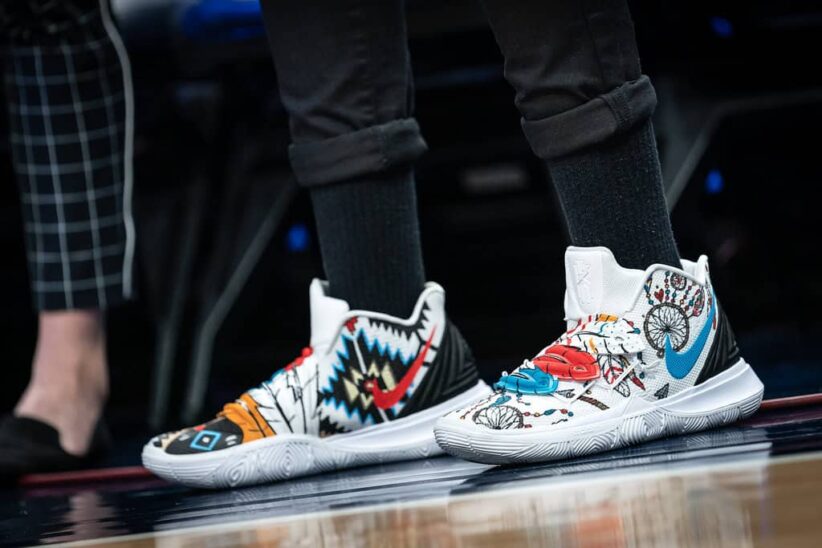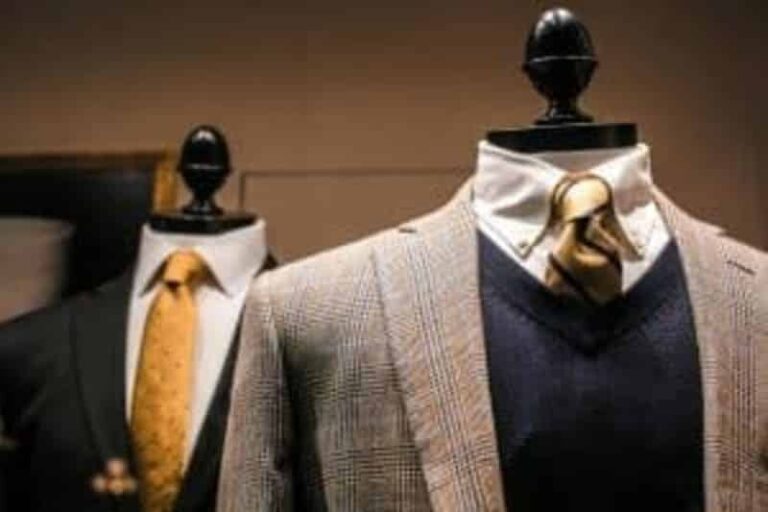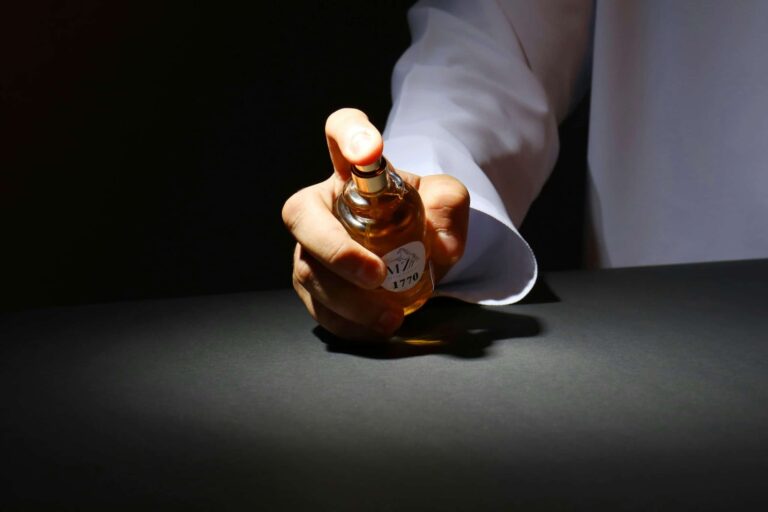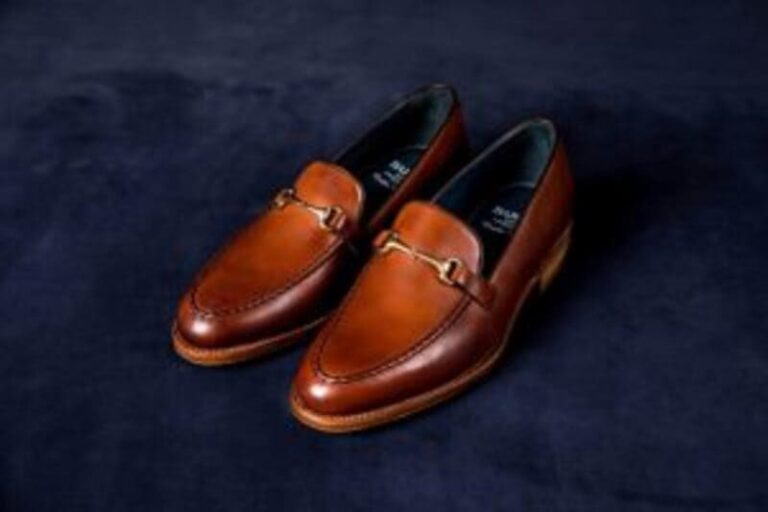Indigenous Fashion You Can Ethically Shop
Indigenous fashion isn’t just a trend—it’s a cultural revival. Across the globe, these designers are reclaiming their stories through fabric, beadwork, and design. Their creations blend tradition with modern expression, proving that their artistry can lead the way in ethical and sustainable fashion.
For too long, mainstream fashion brands have borrowed tribal patterns, motifs, and symbols without credit or compensation. But consumers are waking up to the truth: honoring Indigenous fashion means respecting the people, practices, and stories behind it. Supporting Indigenous-owned brands ensures that culture is not just inspired by—but created by—the communities themselves.
Why Ethical Representation Matters
When you wear fashion ethically sourced from Indigenous designers, you’re doing more than following a style trend—you’re preserving heritage. These artisans often handcraft each piece using ancestral techniques passed down through generations. Their work represents community, storytelling, and identity.
As Project Cece highlights, Indigenous-owned fashion brands are bridging the gap between cultural integrity and sustainability:
“These brands are not trends—they are continuations of living cultures. Each garment carries meaning, history, and connection.”
Ethical Indigenous fashion also prioritizes fair wages, organic materials, and transparency. For instance, INDIGENOUS ensures every artisan receives fair pay and works under safe, equitable conditions. Their mission merges ethics, ecology, and artistry—making fashion as soft on the planet as it is on your conscience.
Brands To Explore
1. B.Yellowtail
Founded by Bethany Yellowtail (Northern Cheyenne/Crow Nation), B.Yellowtail empowers Native creators across the U.S. through contemporary apparel inspired by traditional storytelling. Their collections feature stunning ribbon skirts, beaded jewelry, and statement garments handcrafted by Native American artists.
2. Magpie Goose
Based in Australia, Magpie Goose partners directly with Aboriginal artists to turn their paintings into vibrant textiles. Each design tells a cultural story, and every artist is credited and compensated for their work. The brand’s transparent collaboration model has become a blueprint for ethical Indigenous fashion worldwide.
3. Ginew
As the only Native American-owned denim label, Ginew (Ojibwe/Menominee) combines sustainable materials with traditional design. Each garment incorporates symbolic stitching, patterns, and leatherwork that connect modern craftsmanship to Native American identity.
4. INDIGENOUS Clothing
INDIGENOUS is a leader in fair-trade and eco-friendly production. The company collaborates with artisans worldwide—including the communities—to create timeless organic fashion. Each piece is crafted with natural fibers, fair wages, and zero exploitation.
5. Urban Native Era
What began as an awareness campaign is now one of the most recognized Indigenous streetwear brands. Urban Native Era’s slogan “You Are On Native Land” has become a bold reminder of visibility and reclamation in fashion culture. The brand merges activism with artistry, proving that this fashion can be both powerful and wearable.
How to Identify Truly Ethical Indigenous Fashion
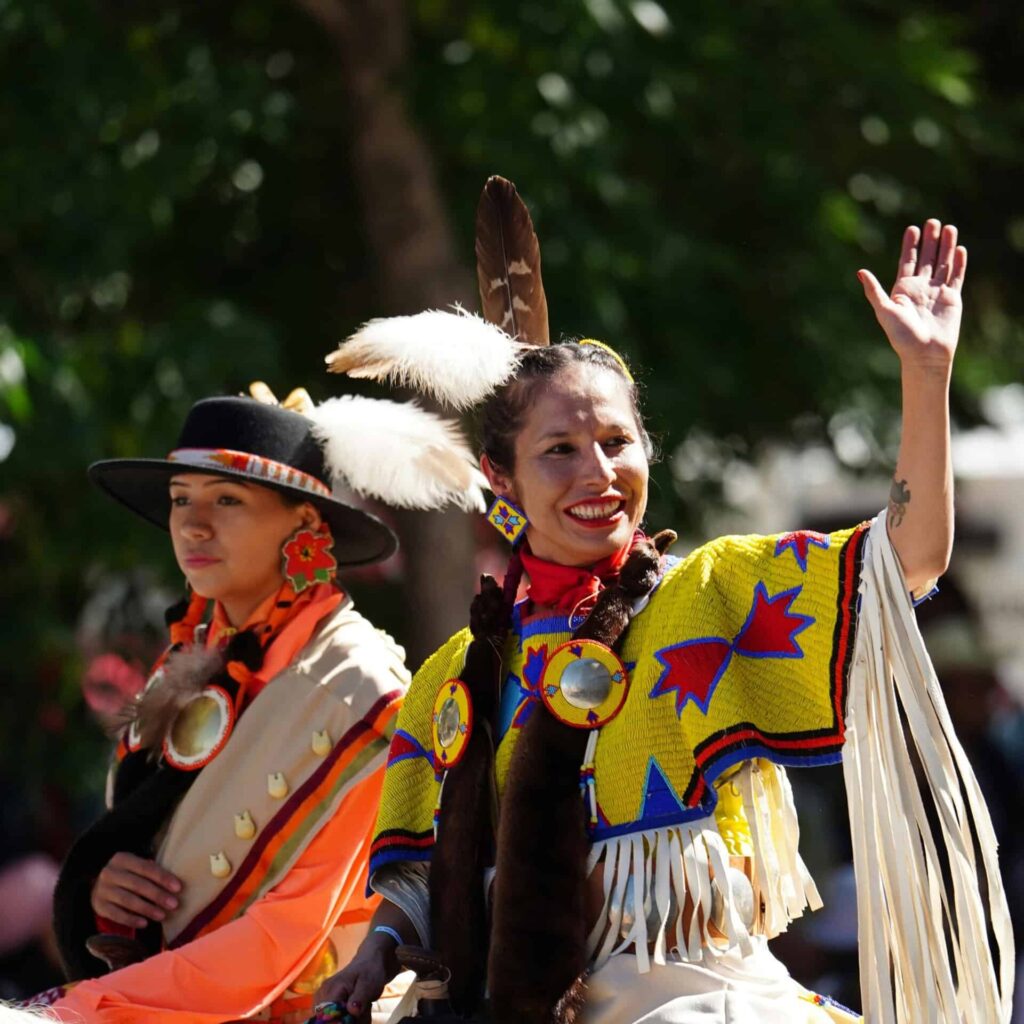
Before purchasing, ask yourself: Is this design empowering their communities—or exploiting them?
Here are a few guidelines to shop responsibly:
Ownership or Collaboration
Authenticity begins with ownership. Support brands that are Indigenous-owned or that collaborate directly with the artisans. If the brand doesn’t share who makes its designs, that’s a red flag.
Transparent Storytelling
Ethical brands are proud to tell you who made your clothes. The Vessel features profiles of artisans, showcasing how transparency turns fashion into storytelling.
Sustainable Materials and Fair Labor
True Indigenous fashion honors the earth. Look for natural fabrics like organic cotton, wool, and plant-based dyes. Companies like INDIGENOUS and Ginew highlight fair-trade standards and eco-conscious practices.
Cultural Respect Over Trend Appeal
Avoid brands that reproduce sacred patterns or ceremonial designs for profit. Appreciation means understanding context—appropriation strips it away.
Why Indigenous Fashion Matters Today
Supporting these designers transforms fashion from an act of consumption into one of connection. It ensures that artistry remains tied to heritage, not mass production. These designers don’t just make clothing—they weave identity, resilience, and story into every piece.
By choosing Indigenous fashion, you join a growing movement of consumers who believe fashion should heal, not harm. It’s not about rejecting modern trends—it’s about redefining them through authenticity.
Where to Shop and Learn More
More trusted sources:
Closing Reflection
Indigenous fashion stands at the intersection of tradition and transformation. It’s proof that fashion can be ethical, empowering, and beautiful—all at once. Every time you buy from these designers, you invest in a living culture and a sustainable future.
So before your next purchase, ask yourself: Who made this? Whose story am I wearing? Because when you choose ethically produced fashion, you’re choosing truth, artistry, and respect.

